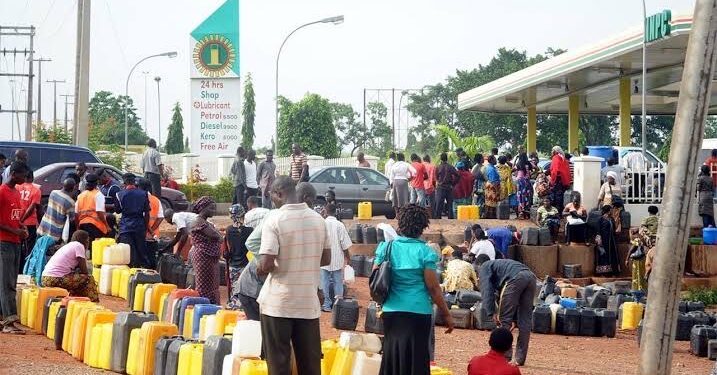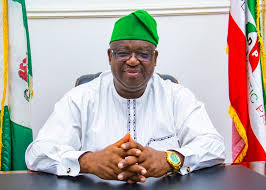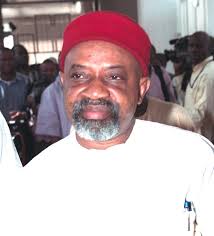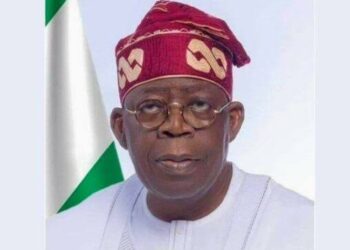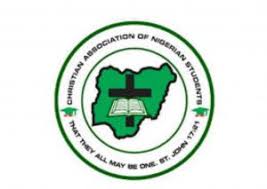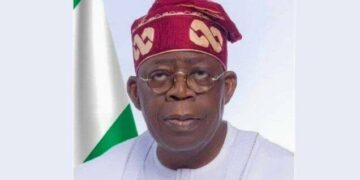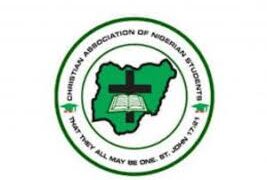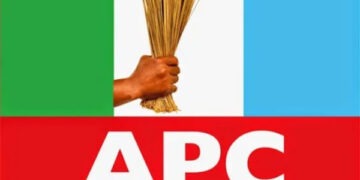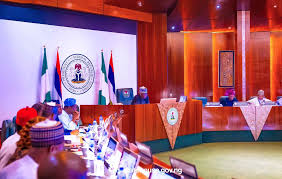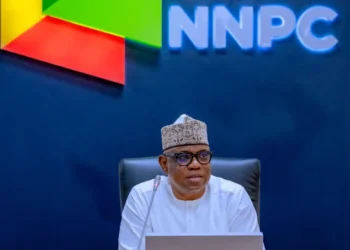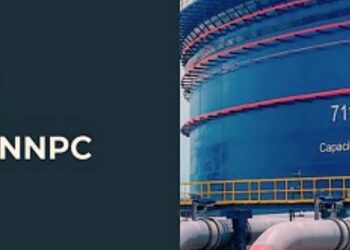The Nigerian National Petroleum Company Limited (NNPCL) and oil marketers are deflecting responsibility for the current petrol supply shortages in the country.
The resurgence of long fuel queues in Abuja since last Wednesday has now extended to Lagos and other states, causing significant inconvenience for drivers and passengers alike.
The scarcity of Premium Motor Spirit (PMS), commonly referred to as petrol, has worsened in Abuja, Lagos, and other states, with numerous fuel stations either closed or experiencing lengthy queues.
While the NNPCL attributed the fuel queues in the Federal Capital Territory and other regions to the disruption of ship-to-ship transfer of PMS between Mother Vessels and Daughter Vessels due to a recent thunderstorm, marketers claimed they were unable to access the NNPCL portal to place orders for the product. The national oil company stated that adverse weather conditions had also impacted berthing at jetties, truck load-outs, and product transportation to fuel stations, resulting in disruptions in station supply logistics.
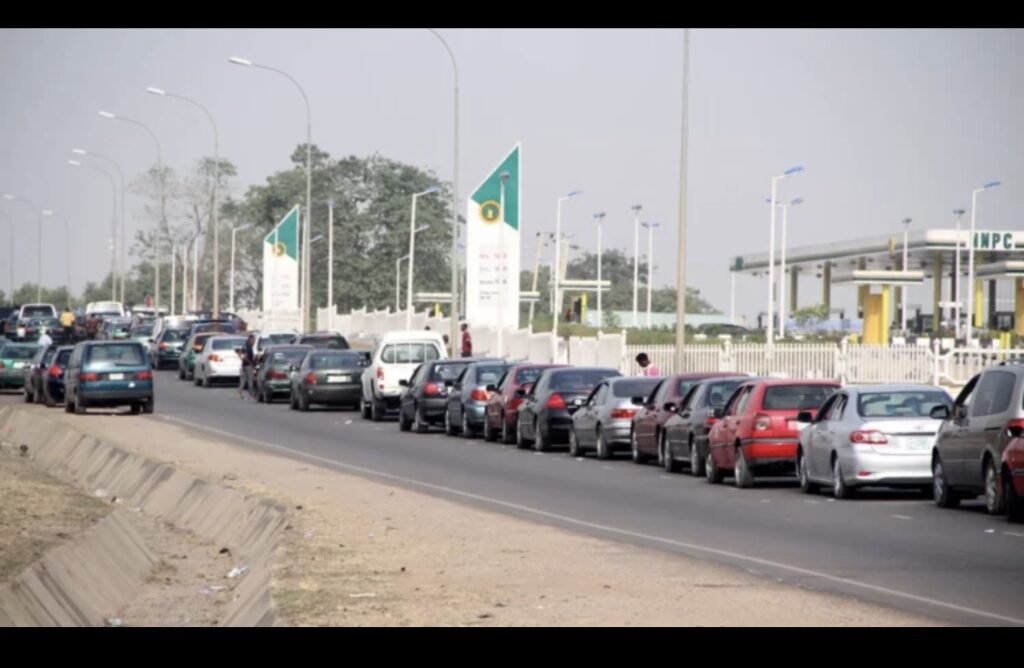
In a statement signed by the chief corporate communications officer of NNPC Ltd, Olufemi Soneye, the company clarified that loading petrol during rainstorms and lightning was infeasible due to the flammability of petroleum products and to comply with the regulations of the Nigerian Meteorological Agency (NIMET).”Strict adherence to these regulations is compulsory as any deviation could pose serious risks to the trucks, fuel stations, and human lives,” it emphasized.
Moreover, the situation was exacerbated by the flooding of truck routes, hindering the movement of PMS from the coastal areas to the federal capital, Abuja.
“NNPC Ltd is collaborating with relevant stakeholders to address the logistical challenges and restore the smooth supply of petrol to affected areas. Loading has already recommenced in areas where challenges have eased, and we anticipate a progressive improvement in the days ahead leading to complete normalization,” the oil company added.
Some marketers confirmed that there was a current supply disruption.
Reports indicate that Nigeria is grappling with outstanding debts to suppliers exceeding $6 billion, doubling since April.
The NNPCL is currently grappling with bridging the gap between fixed pump prices and international fuel costs, as mentioned by six industry sources.
Elder Chinedu Okoronkwo, the treasurer of the Board of Trustees of the Independent Petroleum Marketers Association of Nigeria (IPMAN), noted observed product rationing in recent days.
The situation was further complicated by the shutdown of the NNPCL portal, through which marketers place orders and make payments.
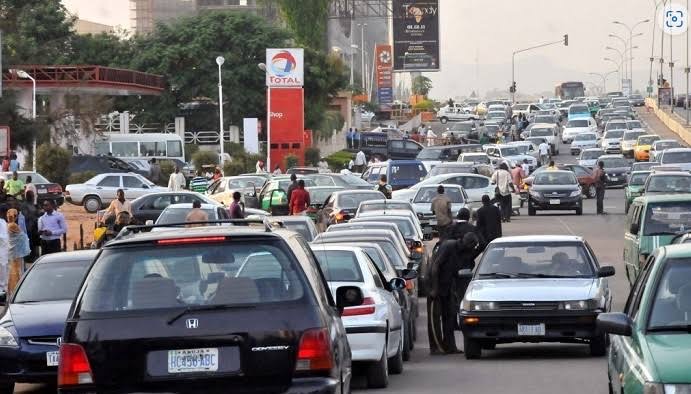
Dr. Billy Gillis-Harry, the national president of the Petroleum Products Retail Outlets Owners Association of Nigeria (PETROAN), acknowledged the platform shutdown but stated that NNPCL claimed it was undergoing upgrades.
He emphasized the urgency for the company to consider alternative emergency measures to ensure product availability for marketers.
With the portal currently inactive, marketers are unable to procure products, leading to further bottlenecks.
Some retailers suggested that the portal shutdown signifies product unavailability, with the company implementing the measure to prevent panic when orders are placed without product fulfillment.
“The portal shutdown validates the scarcity of products, but NNPC should strategize to maintain a buffer to sustain supply during such circumstances,” a marketer remarked.
Contrary to these claims, NNPC refuted the allegations.
The company has made concerted efforts to regain the trust of international petroleum product suppliers after some withdrew following reports of a debt overhang exceeding $6 billion.
Umpirenews investigations revealed that in a bid to sustain imports, the company made a payment of N200 billion to resume importation.
A reliable industry source, confirming the payment, noted that ongoing negotiations to persuade suppliers to resume operations might lead to delays in product procurement, resulting in the current product rationing in the country.
In addition to President Bola Tinubu ending petrol subsidies last year, leading to a tripling of pump prices, NNPC subsequently capped pump prices shortly after, amid rising living costs.
The pump price cap, coupled with a devaluation of the Naira, allowed the subsidy to resurface, with the government anticipating a subsidy cost of at least $3.7 billion this year.
Analysts, NGOs, and even government officials have criticized the subsidy for years as wasteful and corrupt, yet Nigerians, who receive few government services, have long viewed affordable fuel as a necessity, particularly in the current economic crisis.
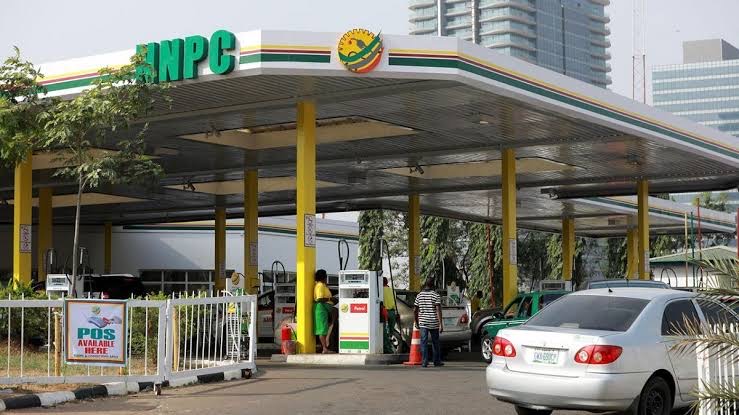
NNPC began facing challenges earlier this year when overdue petrol payments exceeded $3 billion.
The company has yet to settle payments for some January imports, with late payments totaling between $4 billion to $5 billion, as per contractual terms requiring payment within 90 days of delivery.
NNPC declined to comment on these issues, as reported by Reuters.
“The primary reason traders are tolerating this situation is the $250,000 monthly compensation (per cargo) for delayed payments,” stated an industry insider.
At least two suppliers have already refrained from participating in recent tenders after reaching self-imposed credit limits with Nigeria, implying they will not supply more gasoline until payments are received.
Traders operate in risky environments but set credit limits per trade to mitigate overexposure to one borrower. These limits vary based on company size and operational scope.
Consequently, Nigeria’s petrol tenders in June and July were scaled down, as indicated by traders.
NNPCL is expected to import approximately 850,000 tonnes in July through tenders, a decrease from the typical one million tonnes in previous months.
Fresh fuel queues have reemerged in Lagos and Abuja this week, with some Abuja stations halting PMS sales.
Due to years of neglect at state-owned oil refineries, Nigeria relies heavily on fuel imports.
The newly operational 650,000 barrel-per-day Dangote refinery has yet to produce marketable petrol and is exporting other fuels.
Years of corruption and extravagant spending have depleted Nigeria’s oil revenues, leaving little fiscal cushion.
NNPC has also leveraged much of its spot oil cargoes, restricting its cash sales.
In late 2023, NNPC secured its largest-ever oil-backed loan of $3.3 billion from AfreximBank and a group of traders to bolster the country’s foreign exchange reserves.


